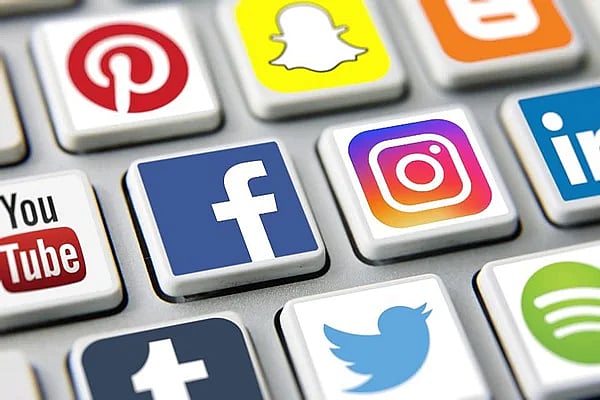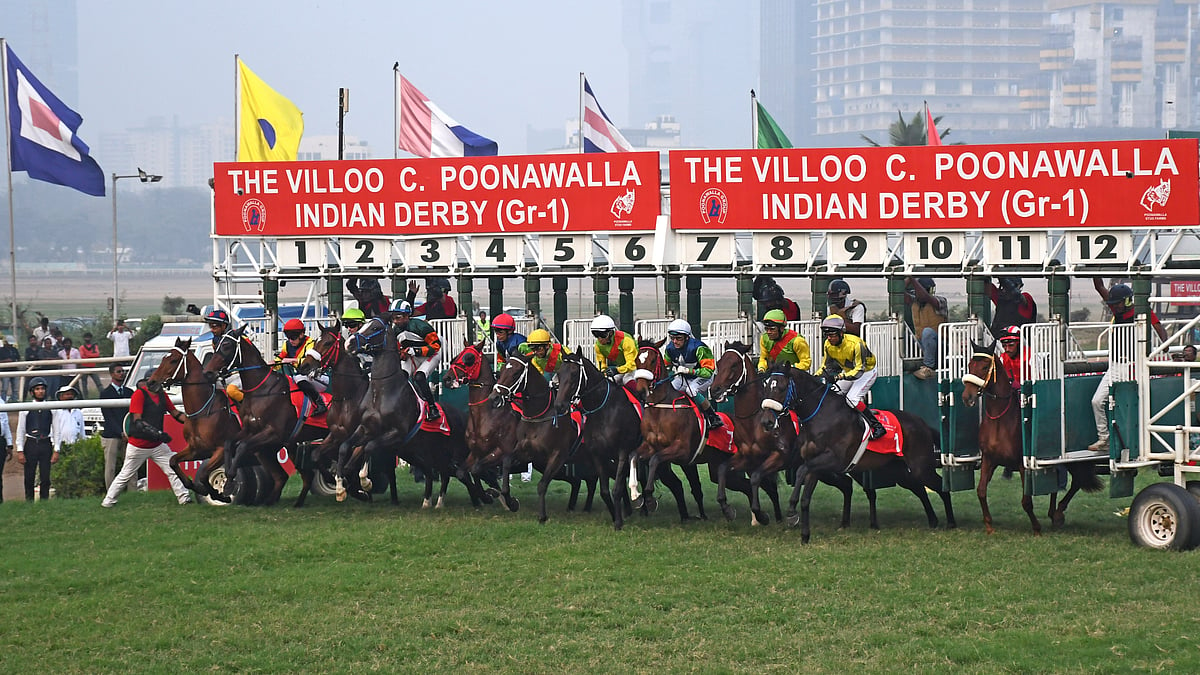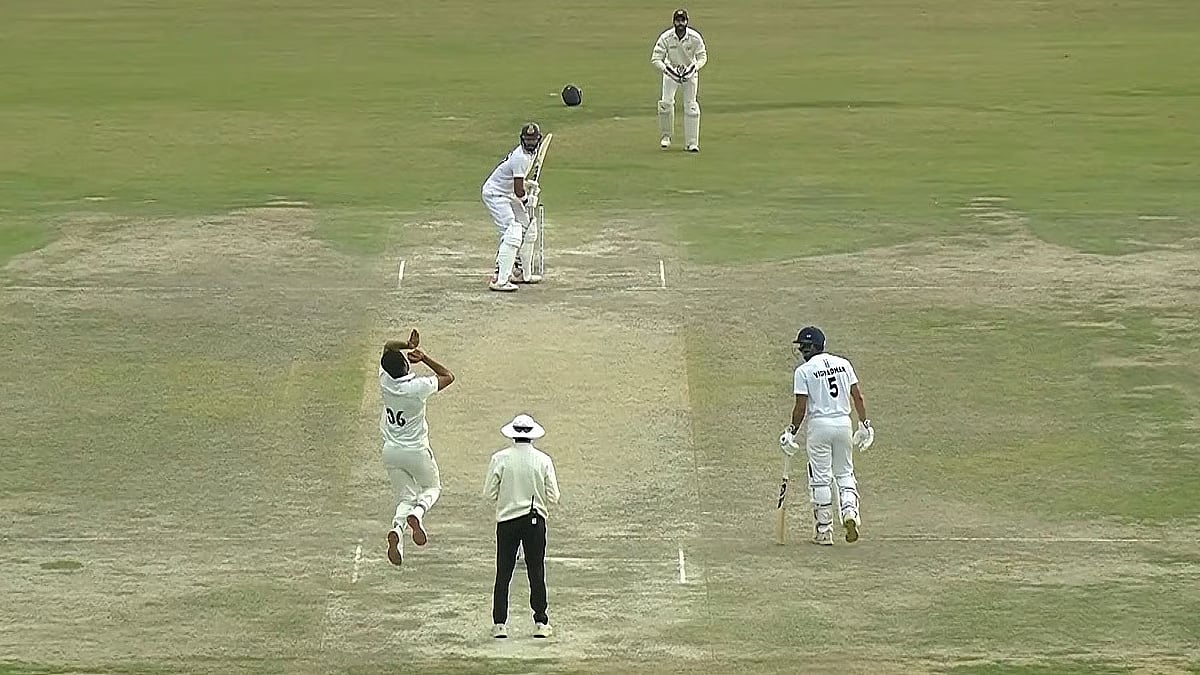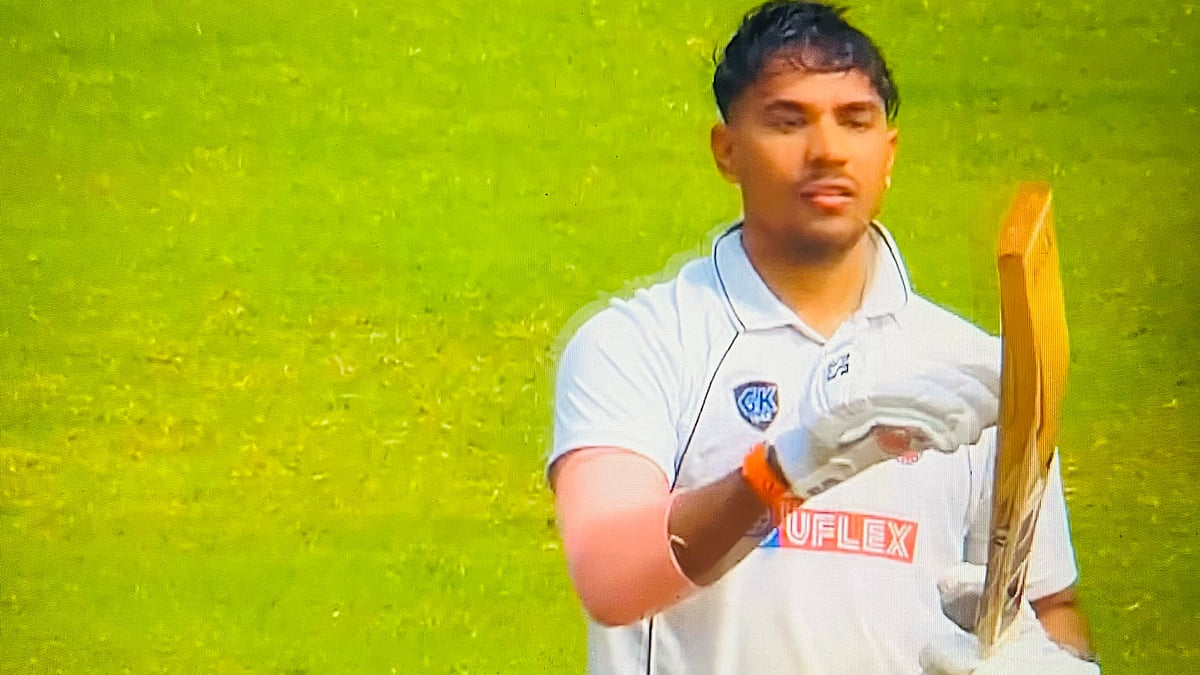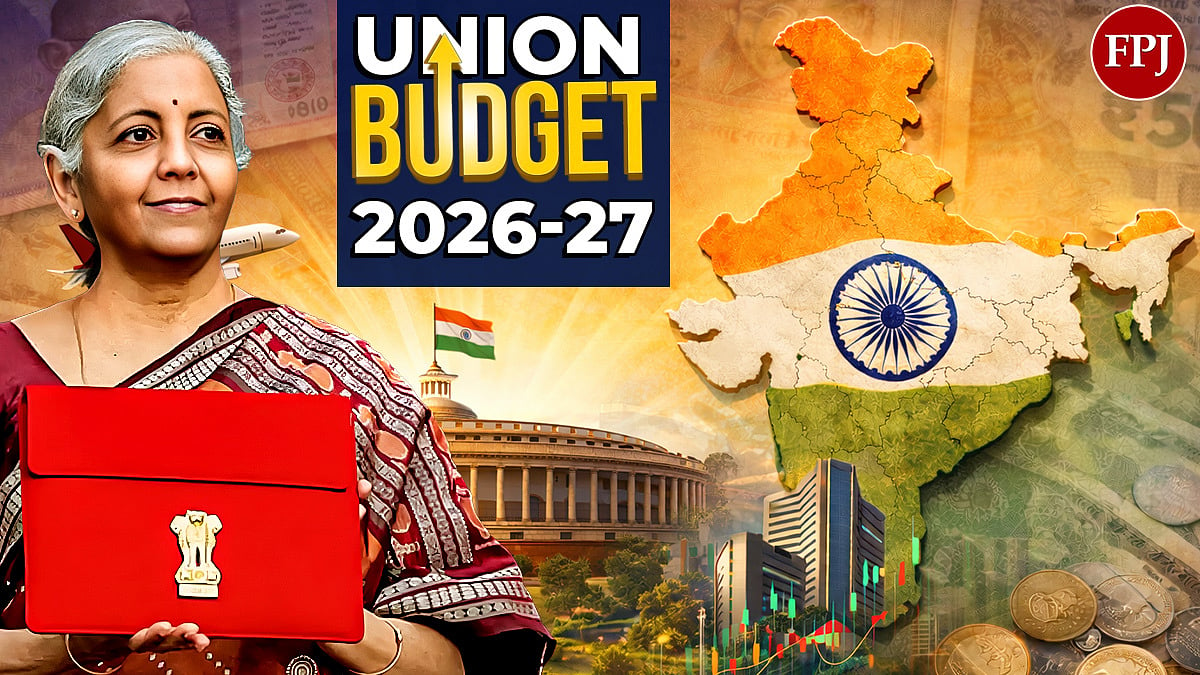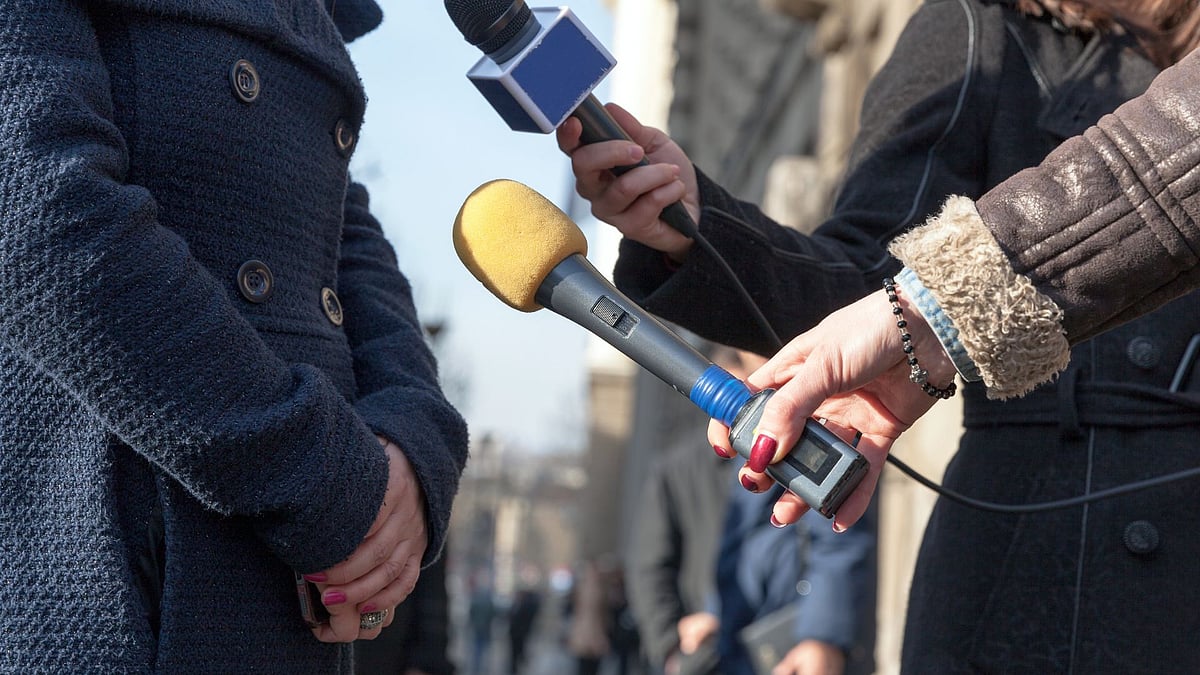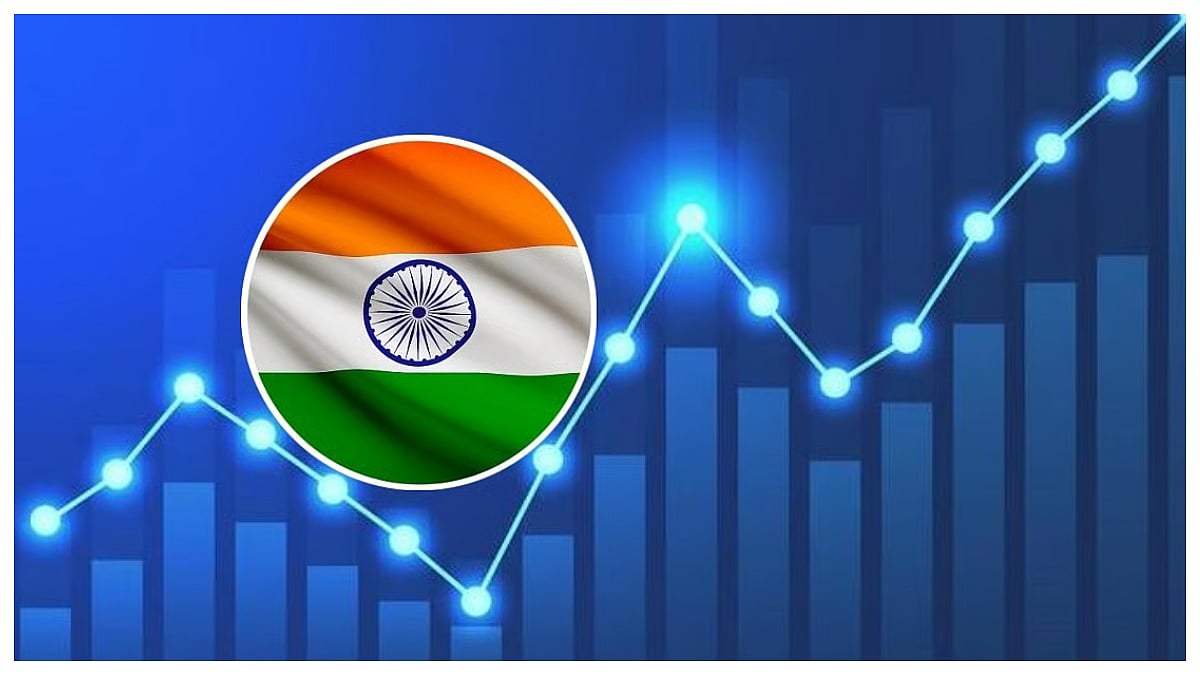The media is often, rightly or wrongly, accused of holding kangaroo courts and conducting media trials on sub-judice matters and thus negatively impacting the justice system. But on social media, isn’t it a free-for-all? You can give vent to your outsized propensity for vitriol and malice with no one to breathe down your neck. Let your dark side speak. It seems we are getting ahead of ourselves in excoriating and demonising politicians, film stars, sports personalities and whosoever stokes our anger. In 2015, Monica Lewinsky, the former White House intern whose affair with President Bill Clinton hit the headlines in 1998, said, “Millions of people, often anonymously, can stab you with their words, and there are no perimeters around how many people can publicly observe you and put you in a public stockade.”
To many, social media may appear as a thin gruel of inanities, something that erases the boundary between the private and the public. When people, with undisguised glee, share pictures of their foreign vacations, team outings, birthday celebrations, marriage anniversaries and all that jazz, these visuals, like the release of a spring, jerk us into an instant response, including “likes” and the whole shebang. Our lives are not just shared, they are displayed and consumed. We always seem to be hovering at the edges of the limelight. Our dalliances no longer roost within our private sanctuaries. A commentator once famously said that social media has been “consciously constructed as an addictive time sink.’’ According to Nigerian novelist Chimamanda Ngozi Adichie, “We are now angels, jostling to out-angel one another.’’ It goes without saying that the algorithms of Facebook and other similar tools continue to hold us in thrall in ways difficult to fathom.
In his book, The Twittering Machine, author Richard Seymour says that the worst offence of social media is the “theft of the capacity for reverie”. Seymour also suggests that time spent online is time deducted from our lives, just as taking a selfie is an excuse to not be yourself. By way of escape, the writer suggests that we go for a walk in the park, making sure we leave all our devices behind. I am sure his suggestions and advices would not cut much ice with today’s generation who have become willing slaves of their deified smartphones.
Facebook and other social media are increasingly becoming a platform where people are developing an insatiable appetite for visibility by any means. On the positive side, social media has handed a platform to people who were previously denied access to a soapbox. We are drawn to it like a moth to the flame. What is perhaps missing is the spontaneous warmth one otherwise experiences in a face-to-face communication with others.
Social media has fuelled our narcissistic tendencies as never before, and try as we might, we find it extremely difficult to slough them off. We dread anonymity because we have developed an identity crisis, constantly being driven by the need to stay in the public glare. You feel happy when your Facebook friends make appreciative noises about your posts. The satisfaction slowly settles into our veins which feels sweeter and is both therapeutic and liberating. We want to be noticed, talked about, not to mention a desperate desire to get our Warholian 15 minutes of fame by posting news/information of our modest achievements.
However, such unabashed self-promotion is not merely limited to Facebook. If one clicks on the “status” of any WhatsApp group, people post their profile pictures at regular intervals to impress their friends and well-wishers. It feeds their vanity and narcissism. They pay too much attention to their physical appearances and become chronic show-offs.
The social media ecosystem frequently disgorges some armchair contrarians who indulge in blatant opinion-mongering and fear-mongering. They post their comments with an authoritative air that brooks no disagreement. There’s a fair amount of schadenfreude involved in having the power to drag someone’s name through the mud and tarnish their reputation (read politicians).
One is also now beginning to notice a disturbing development in the media landscape — the tendency among journalists to promote themselves on Twitter. Media commentator Sevanti Ninan recently wrote in an English daily, “One study of the Twitter feeds of ten journalists found that opinion attracted more engagement than factual tweets. It found that journalists tweet to express opinions and set the public agenda, they tweet mostly for self-promotion, or to drive traffic to their organisation’s website.”
Political parties have also taken to Twitter like locusts to a rice field. The more provocative and creative the tweet, the more followers you garner. Politicians know that a well-orchestrated social media campaign on any important issue is sure to grab the eyeballs of the credulous multitude.
Even as the seductive power of social media grows with each passing day, the jury is still out on whether anything drastic and earth-shaking will disturb its entropic state.
The writer is a Delhi-based journalist
